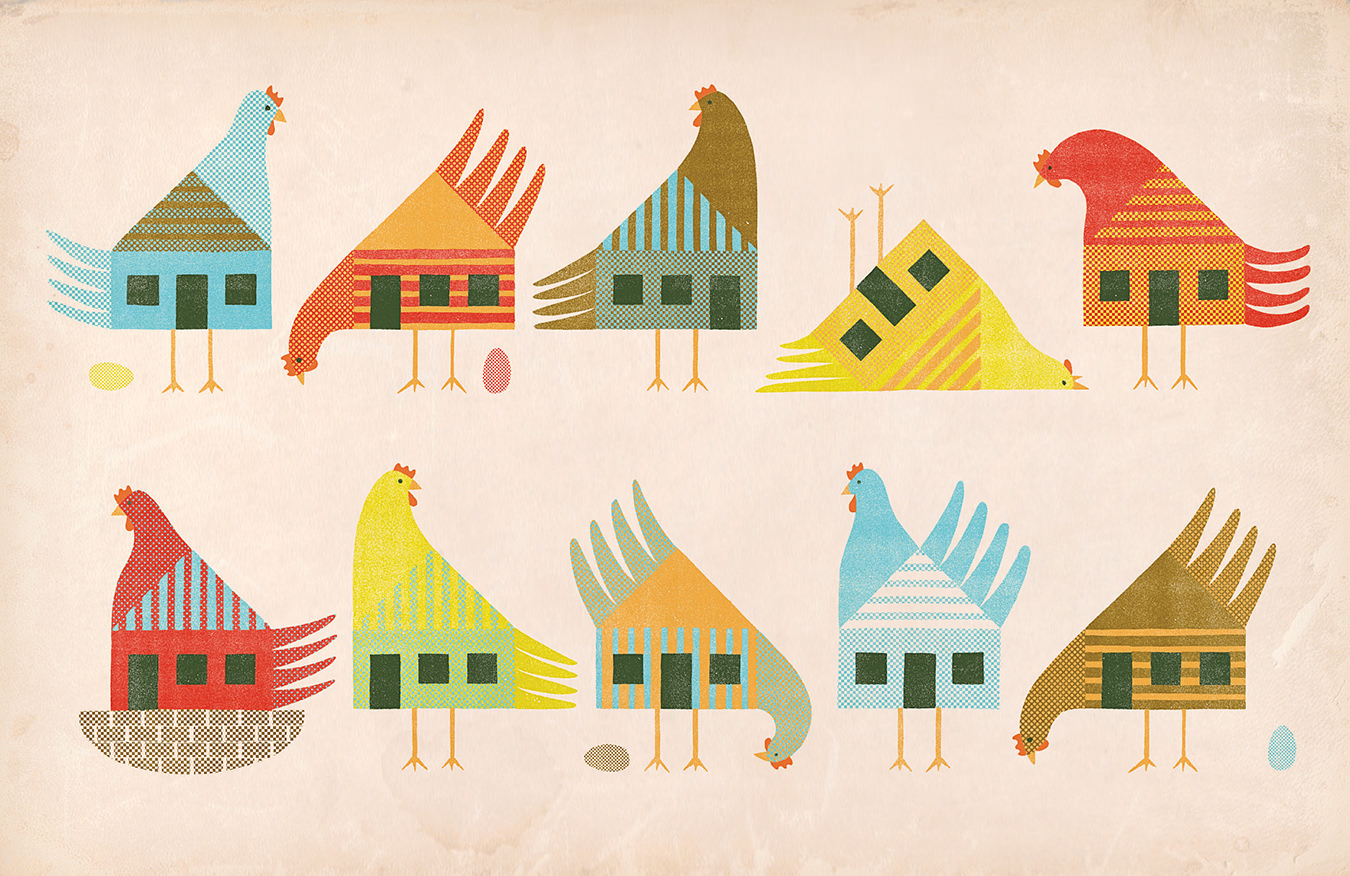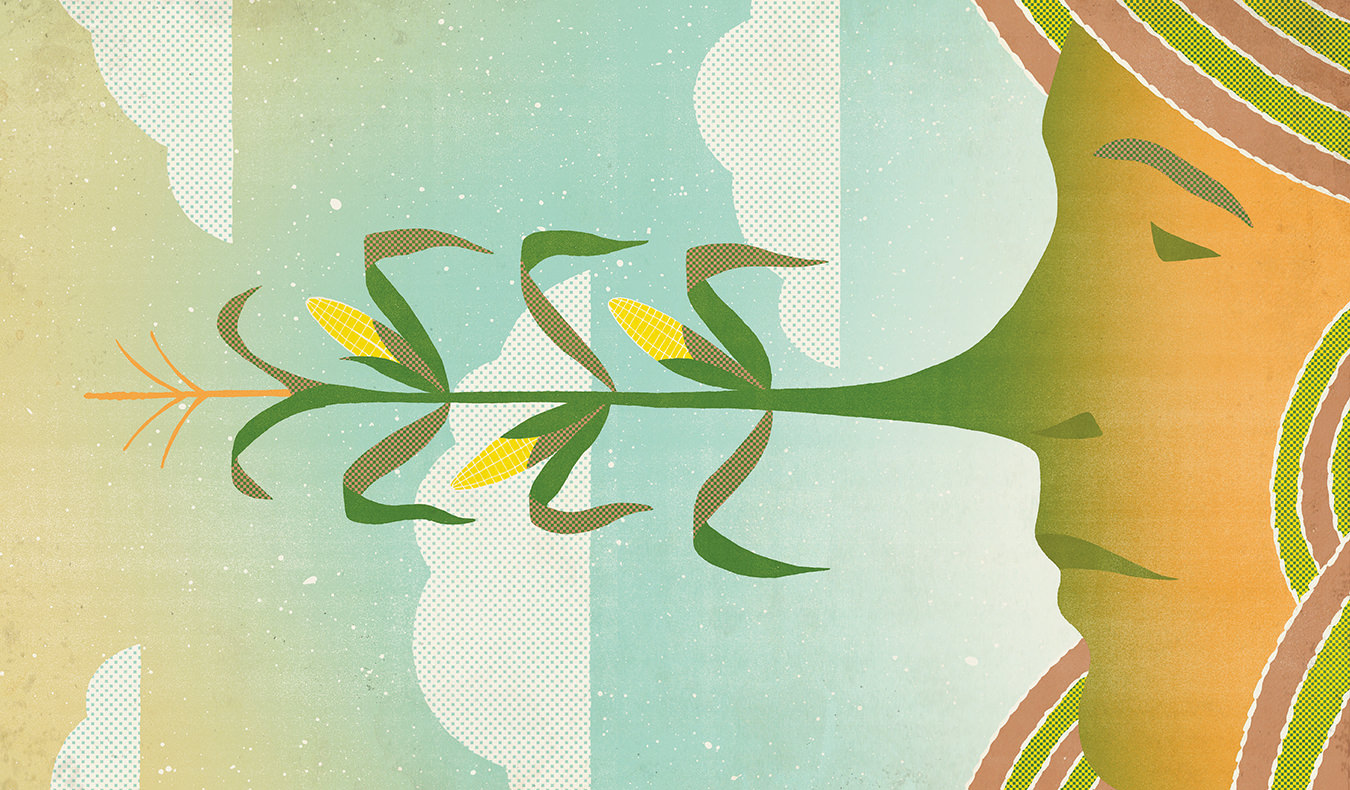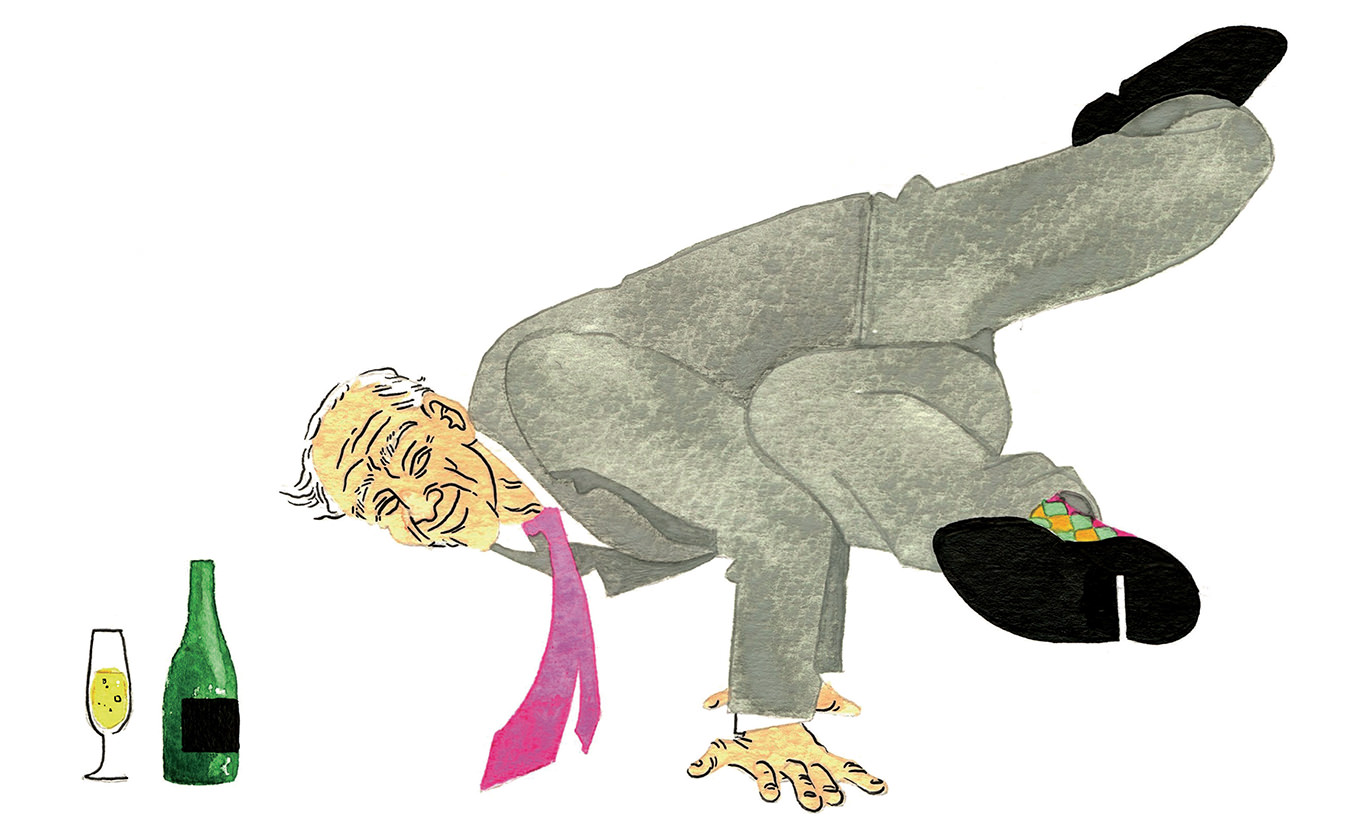Engaging With Conflict Is Central to Your Story—Here’s Why
We shy away from conflict or cover it up, when we really should be examining, as a society, how conflict shapes us and where to go next.

Image Credit: Pexel.
Human beings are narrative creatures. Our brains crave a good story the way our bodies crave a warm meal, and I’d argue that stories are equally essential to our survival. Without the context we’ve assigned to human existence, without the myth and history we’ve crafted to understand our place in the scheme of things, without the stories we tell ourselves about who we are—especially in relation to others—life would lose all sense of meaning. It is through the tales we weave about our inner and outer worlds that we decide what actually matters. And of all the literary devices, what illuminates a character’s values more than conflict, the central tension that sets every protagonist—you and me included—on their journey of self-realization?
When living, as we do, in proximity to other people, conflict is unavoidable. Yet many will try to evade it, treading softly through their interactions to sidestep discomfort or perceived threats to safety. Others will embrace conflict, even seeking it out. In the age of social media, such collisions are especially common. Disagreements simmer in comments sections before exploding into toxic, public clashes. Political polarities grow increasingly extreme, fuelled by disinformation. Thanks to the internet’s ubiquity, we see more instances in which an inability or refusal to empathize with different viewpoints spirals beyond screen and keyboard into real, 3D violence. These may feel like signs of the times, but conflict is implicit to human interaction—and despite the negative consequences it can sometimes produce, there would be less individual growth, resilience, and collective progress without it.
Here, it’s important to acknowledge that conflict itself does not generate growth but rather creates the conditions in which a character must make a choice, or a series of choices. This is where growth and progress live: in how we respond to conflict. Of course, conflict is not monolithic. In literature and in life, people experience conflict in a multitude of contexts—with themselves, with others, with the environment—and at varying degrees of intensity. When it comes to the interpersonal, it’s safe to say that neither avoiding nor stoking unnecessary discord is ideal when navigating relationships. So how do we deal with conflict in a way that is healthy and productive? How do we leverage difficult situations to catapult us toward new chapters, fresh opportunities, and supportive, symbiotic relationships?
First, we don’t look away from them or dismiss them offhand. In The Atlantic, cognitive scientist and humanistic psychologist Scott Barry Kauffman highlights the dangers of “toxic positivity”—the insistence to “stay positive” in times of darkness and difficulty—and how its ultimate denial of life’s disappointments, challenges, and frustrations can hurt our mental health. He instead espouses the notion of “tragic optimism,” a phrase coined by existential-humanistic psychologist and Holocaust survivor Viktor Frankl, which describes “the search for meaning amid the inevitable tragedies of human existence.” The tragic optimist faces adversity head on, recognizing that meaning—and one’s deliberate pursuit of it—is informed by, and almost requires, suffering. Indeed, in a recent Scientific American article, Kaufman affirms that “‘psychologically seismic’ restructuring is actually necessary for growth to occur. It is precisely when the foundational structure of the self is shaken that we are in the best position to pursue new opportunities in our lives.”
In literature, conflict usually functions as a plot device to get a character from point A to point B—to catalyze a change in their storyline or identity. Much like reality, this change is evident in how the character responds to conflict, and that choice is what ultimately sets the story in motion. In fiction, the author determines what this trajectory will look like, but in life, people’s ability to respond to conflict is largely based on how it showed up for them in childhood—though everyone has the agency to address and improve their deep-seated patterns throughout adulthood.
According to Dr. Bruce Perry, renowned psychiatrist and co-author with Oprah Winfrey of the bestselling book What Happened to You?, repeatedly engaging with conflict is essential to developing resilience and the capacity to endure hardship. He explains that “predictable, moderate, and controllable activation of the stress-response systems, such as that seen with developmentally appropriate challenges in education, sport, [and] music … can lead to a stronger, more flexible stress-response capability—i.e., resilience.” By contrast, children who do not have regular opportunities to practice conflict safely—or who experience conflict in a chaotic or volatile way, such as living with alcoholic parents—have greater physiological difficulty addressing stressful situations in adulthood. “Even in the absence of major traumatic events,” he writes, “unpredictable stress and the lack of control that goes with it are enough to make our stress responses … overactive and overly reactive.” In an interview with Oprah Winfrey by Brené Brown, Perry makes a point to acknowledge how privilege contributes to this phenomenon, leading to patterns of stress that are more manageable than those impacting people who are working to make ends meet or dealing with the stress of systemic racism, for example.
We tell stories to make sense of the world and our place within it. No matter the context, conflict is central to those stories, colouring our experiences at school, in the workplace, with strangers and family and friends. It arises from misunderstandings that are constantly present in life, and how we interpret our own experiences with conflict—how we learn to respect others’ stories, as well as our own—can help us decide how to move through it. The challenge comes in learning to welcome its role in the narrative—to acknowledge conflict as necessary for growth and resilience, and to understand that our personal and collective evolution is contingent upon how we respond to challenges great and small. You’re the author of your next chapter. Those choices are yours to make.




